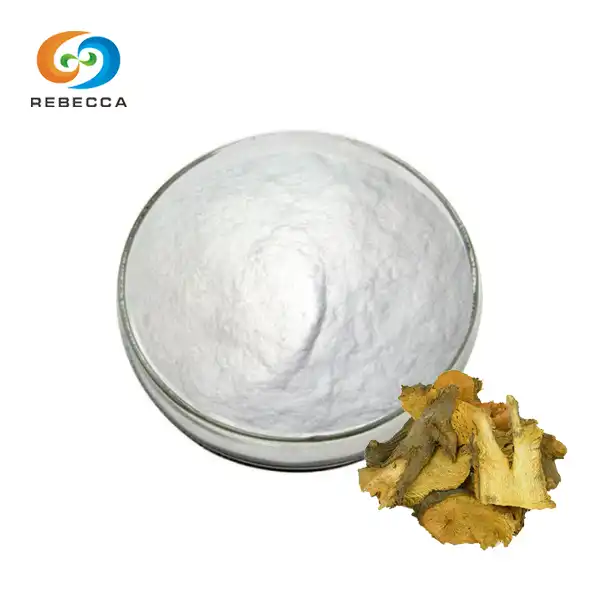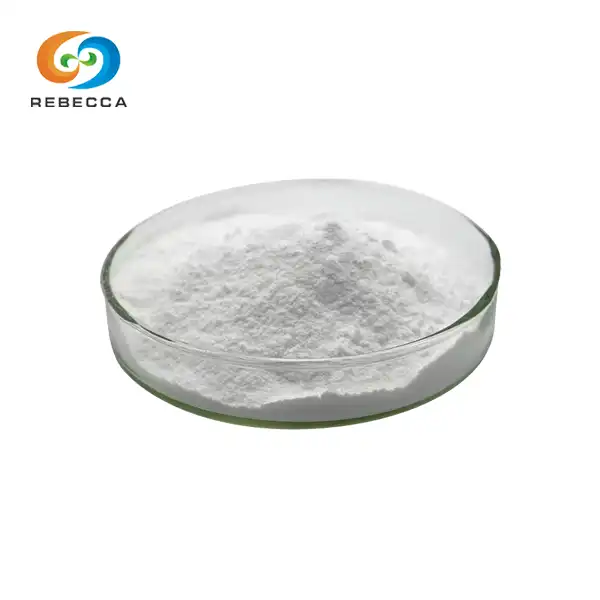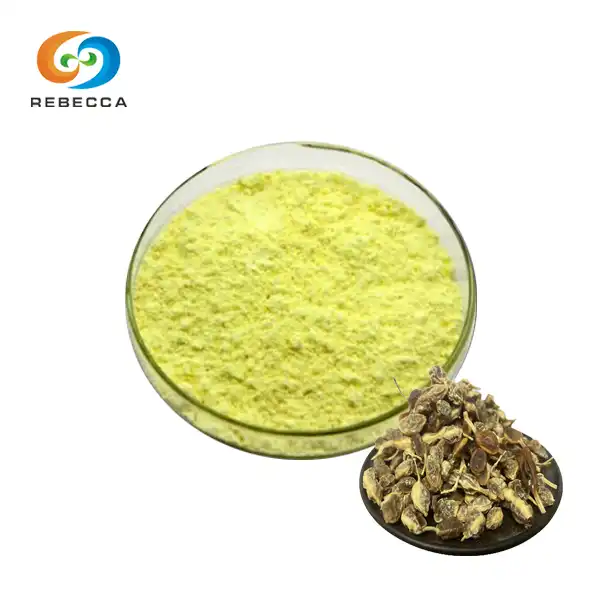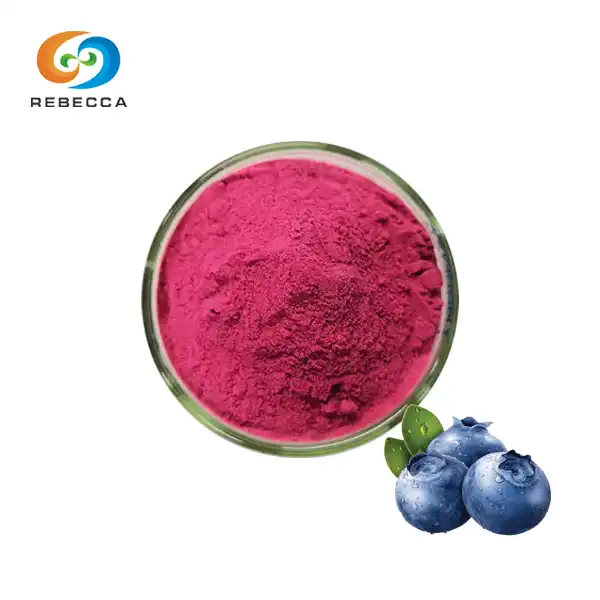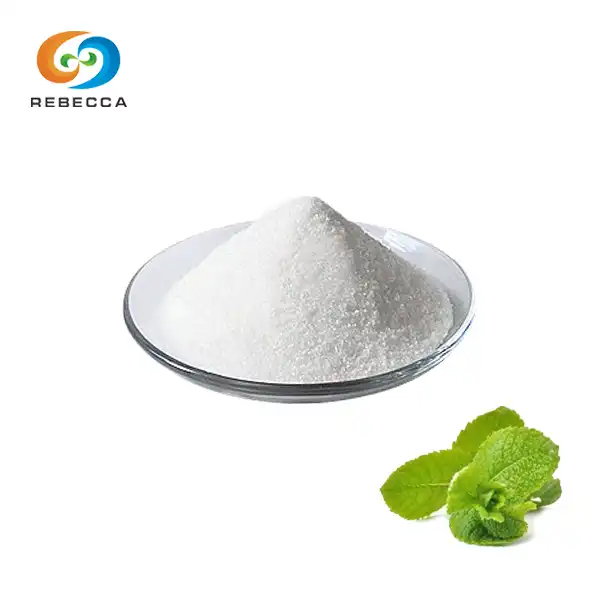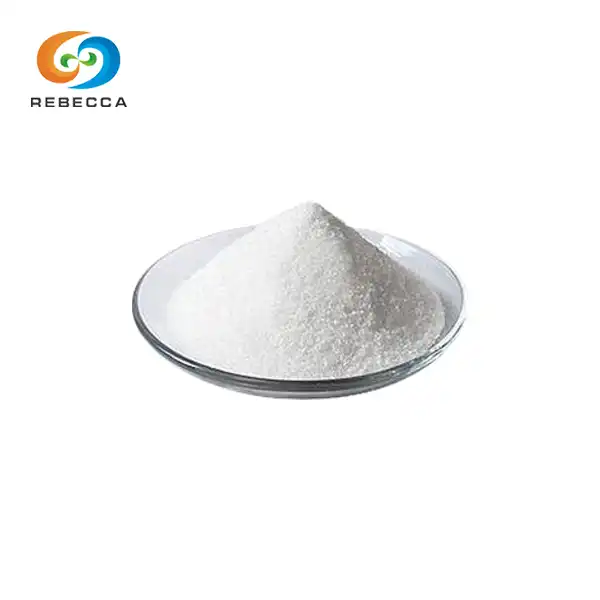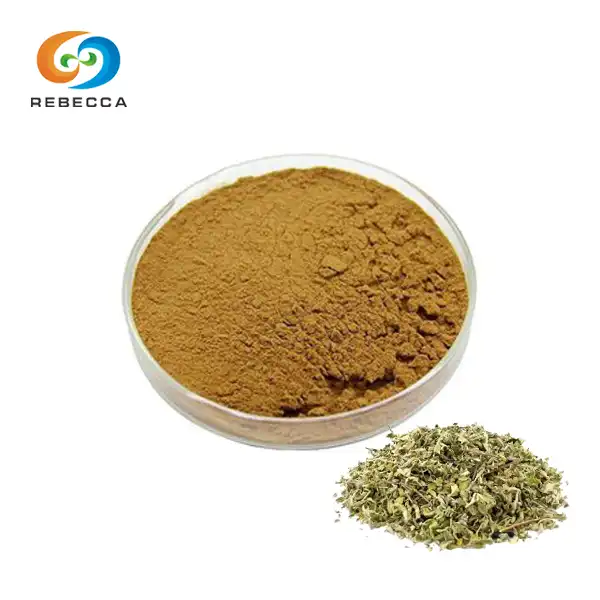What is the difference between micronized creatine and creatine monohydrate?
For fitness enthusiasts, bodybuilders, and athletes, creatine has long been a staple in supplement routines, celebrated for its ability to enhance strength, improve high-intensity performance, and support muscle growth. Among the various forms of creatine available, two terms often surface in product descriptions: micronized creatine and creatine monohydrate. While they share a common chemical foundation, their differences lie in physical processing and practical applications. In this article, we'll delve into the nuances of these two forms, exploring their chemical composition, particle characteristics, and how they interact with the body, with a particular focus on the widely used pure creatine monohydrate powder.
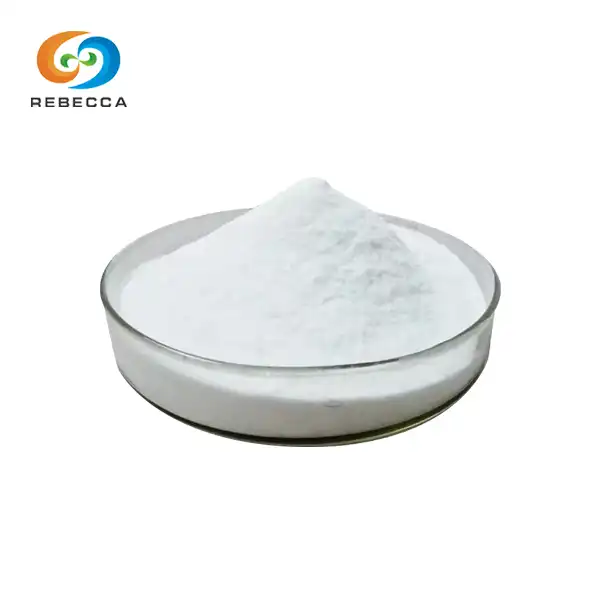
Pure Creatine Monohydrate Powder
Product Name: Creatine Monohydrate
Creatine Monohydrate PowderSpecification: 99.5%-102.0%, HPLC
CAS: 6020-87-7
Creatine monohydrate Professional Manufacturer and Supplier
Free Sample Available, MSDS Available
Chemical Composition
At the molecular level, both micronized creatine and creatine monohydrate are identical in chemical composition. Creatine monohydrate, the most studied and widely used form of creatine, is a compound consisting of creatine molecules bound to a single water molecule (C₄H₉N₃O₂·H₂O). This structure has been the subject of countless scientific studies, demonstrating its efficacy in increasing intramuscular creatine stores, which in turn facilitate the regeneration of adenosine triphosphate (ATP)—the primary energy currency of cells—during short, intense bouts of exercise like weightlifting or sprinting.
Micronized creatine, despite its distinct name, is not a different chemical entity. Instead, it is simply creatine monohydrate that has undergone a physical processing step known as micronization. This process involves reducing the particle size of the creatine monohydrate crystals to a much finer consistency. The key takeaway here is that the chemical formula and molecular structure remain unaltered; what changes is the physical form in which the compound is delivered. This means that both forms contain the same active ingredient, with the same potential to support athletic performance and muscle development.
Understanding this chemical similarity is crucial because it underscores that the choice between the two forms does not affect the fundamental biological effects of creatine. Whether you opt for a standard creatine monohydrate powder or its micronized counterpart, the body processes the creatine molecule in the same way, leveraging it for energy production and muscle function. This consistency in chemical composition is why creatine monohydrate, including pure creatine monohydrate powder, has remained the gold standard in sports nutrition for decades, backed by robust research on its safety and effectiveness.
Particle Size and Solubility
The most noticeable difference between micronized creatine and regular creatine monohydrate lies in their particle size and, consequently, their solubility in liquids. Traditional creatine monohydrate powder consists of larger crystals, which can lead to challenges when mixing with water, juice, or protein shakes. These larger particles may clump together, settle at the bottom of the container, or leave a gritty texture, making the supplement less appealing to consume. This issue is particularly evident in formulations where a smooth consistency is essential, such as ready-to-drink sports beverages or premixed supplements.
Micronization addresses these practical concerns by reducing the particle size to micrometers—often less than 100 microns, a fraction of the size of standard crystals. This dramatic reduction in particle size significantly improves the powder's solubility and dispersibility. When mixed with a liquid, micronized creatine dissolves more readily, creating a smoother solution with fewer clumps and less sediment. This enhanced solubility not only improves the user experience by making the supplement easier to prepare and consume but also ensures a more uniform distribution of the active ingredient in the mixture, which can be particularly important for those who incorporate creatine into complex nutritional blends.
For manufacturers of sports supplements, the solubility of pure creatine monohydrate powder is a critical factor in product development. Micronized versions are often preferred in formulations that require a clean mix, such as instantized powders or liquid supplements, where clarity and texture are paramount. While standard creatine monohydrate can still be effective, the micronized form offers a practical advantage in terms of usability, making it a popular choice for consumers who prioritize convenience and palatability in their supplement routine.
Absorption and Bioavailability
When it comes to how the body absorbs and utilizes creatine, the key question is whether the physical form, standard vs. micronized, affects bioavailability. Bioavailability refers to the fraction of a substance that enters the systemic circulation and is available for physiological use. Since both forms are chemically identical to creatine monohydrate, their primary mechanism of absorption is the same: they are taken up by the intestines and transported to the muscles via the bloodstream, where they are converted into phosphocreatine to support ATP regeneration.
Research suggests that while micronized creatine may dissolve faster in the digestive tract due to its smaller particle size, there is no significant difference in overall bioavailability compared to standard creatine monohydrate. The body's absorption of creatine is not limited by dissolution in the gut to a large extent, as even larger particles will break down sufficiently during digestion. What micronization does offer is a potential improvement in the rate of dissolution, which could theoretically lead to a slightly faster release of creatine into the digestive system. However, this effect is minor and does not translate to a meaningful difference in the amount of creatine that ultimately reaches the muscles or the resulting performance benefits.
The more impactful benefit of micronized creatine in terms of absorption relates to consistency of intake. By eliminating the frustration of clumpy mixtures, users are more likely to adhere to their supplement schedule, ensuring they receive the recommended daily dose of 3–5 grams. This consistency is crucial for maintaining elevated muscle creatine levels, which require several days of loading or regular daily intake to achieve. In this sense, the practical advantages of micronized creatine indirectly support its effectiveness by promoting better compliance, while the bioavailability of the active ingredient remains on par with standard pure creatine monohydrate powder.
Pure Creatine Monohydrate Powder For Sale
Whether you choose micronized creatine or standard creatine monohydrate, the underlying efficacy stems from the pure molecule. For those seeking a reliable, high-quality option, Rebecca Bio-Tech's pure creatine monohydrate powder stands out as a premium choice. Our product meets stringent specifications, with a purity of 99.5%–102.0% as determined by HPLC (high-performance liquid chromatography), ensuring you receive a consistent and effective supplement. With a CAS number of 6020-87-7, our creatine monohydrate is produced under strict quality control standards, reflecting our commitment to excellence as a professional manufacturer and supplier.
As a leader in the industry, we offer free samples and readily available MSDS (Material Safety Data Sheet) to provide transparency and confidence in our product. Whether you're formulating sports supplements or dietary products or seeking a personal fitness aid, our creatine monohydrate powder delivers the same proven benefits as described in scientific literature, with the option of micronized processing to meet specific formulation needs. The choice between micronized and standard forms ultimately depends on your application: micronized for enhanced solubility in complex mixtures or standard for cost-effective, reliable performance.
At Rebecca Bio-Tech, we understand the importance of quality and consistency in sports nutrition. That's why our powder is trusted by manufacturers and consumers worldwide. To learn more about our products or place an order, please reach out to us at information@sxrebecca.com. Our team is ready to assist with technical details, pricing, and bulk ordering, ensuring you have the support you need to make the best choice for your needs.
References
[1] Creatine Monohydrate: The Gold Standard in Creatine Supplementation
[2] Effects of Particle Size on the Solubility and Bioavailability of Nutraceuticals
[3] Creatine Absorption and Bioavailability: A Review of Current Research
[4] Dietary Supplement Position Statement: Creatine
